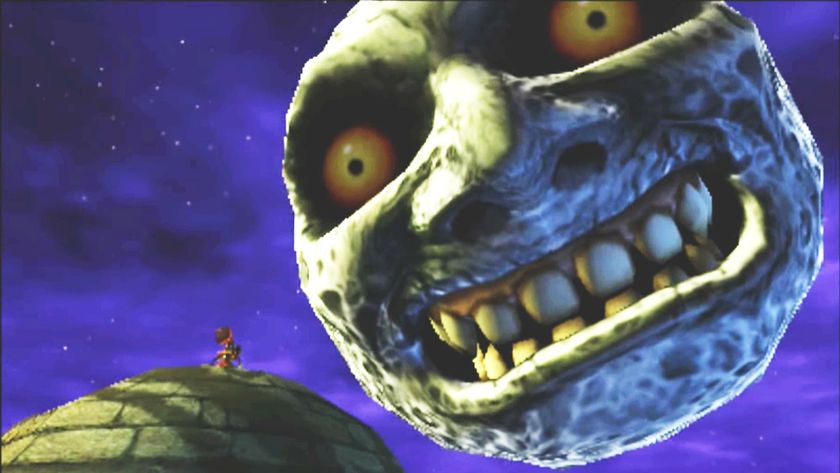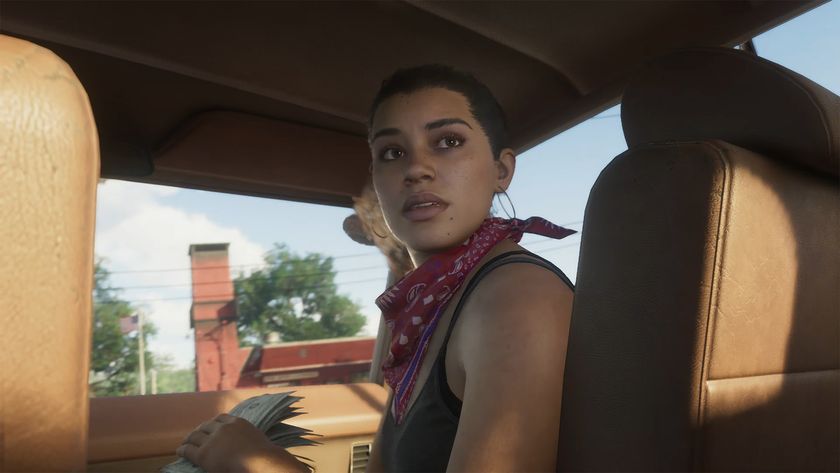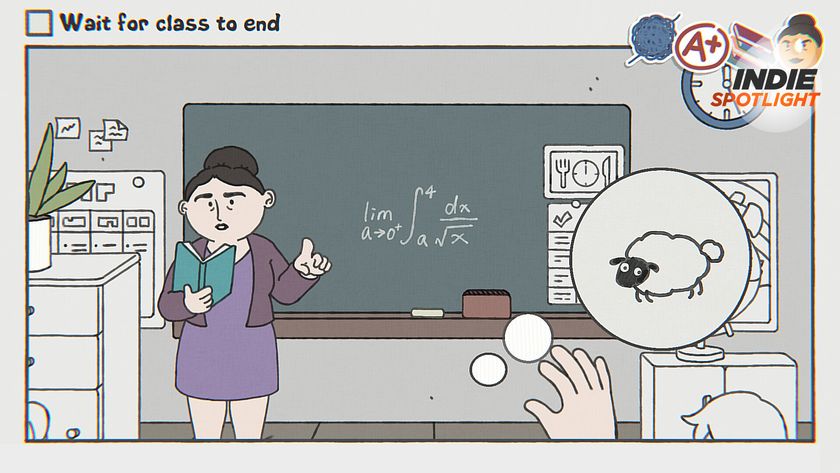Why you can trust 12DOVE
Soaked in anguish, sexual humiliation, animal cruelty and death, Funny Games US was Michael Haneke’s attempt to reach a wider audience. It fell flat on its bloodied face.
Unsurprisingly, then, the austere Austrian auteur now returns with his most challenging film to date.
Not only is The White Ribbon soaked in anguish, sexual humiliation, animal cruelty and death, it’s shot in crisp black and white and set in a small village in northern Germany, 1913-1914.
Afraid? Don’t be: Haneke’s 11th feature is his biggest and boldest to date, his best too. And for all its formal, thematic precision – rigorous compositions, measured pacing, potent symbolism – it is, ostensibly, a taut and sinister whodunit.
Narrated by an old man recalling his days as the village schoolteacher, the story begins with a doctor crashing from his horse, felled by a tripwire. Then the baron’s barn is torched, his son flogged...
Who is responsible? It could be anyone, everyone: when moral guardians mete out sadistic punishments for the smallest transgressions yet themselves indulge in adultery and sexual abuse, who hasn’t got a reason to exact revenge?
Haneke is here in his element, applying meticulously controlled technique to heated hostilities. The coldness burns. The dialogue smarts. And the regulated violence – half-glimpsed, off-screen, unseen – devastates, a scalpel slash to the mind’s eye. But those who complain about the director’s cruelty and severity (“medicinal” shuddered Variety) are overlooking pockets of warmth and humour.
One subplot even offers a coy romance, while the ruminative voiceover and stark, shimmering visuals suggest dream and parable – lessons can be learned from this strange community cocooned in the mists of time and memory.
The White Ribbon finally won Haneke his Palme d’Or and marks the ascent of a major filmmaker to the rank of greatness.
Consciously classical, it boldly evokes the monumental Euro-classics of the ’50s and ’60s and refuses to wither in their shadow.
Jamie Graham is the Editor-at-Large of Total Film magazine. You'll likely find them around these parts reviewing the biggest films on the planet and speaking to some of the biggest stars in the business – that's just what Jamie does. Jamie has also written for outlets like SFX and the Sunday Times Culture, and appeared on podcasts exploring the wondrous worlds of occult and horror.

Despite Zelda: Majora's Mask basically being a horror game, one of its key devs didn't think its creepiest features were scary at all: "People on the team were like 'whoa!'"

Corsair exec says GTA 6 is coming to PC in early 2026 and then quickly un-says that

This puzzle game has done the impossible: waiting around for something to happen has never, ever been this fun
Most Popular




